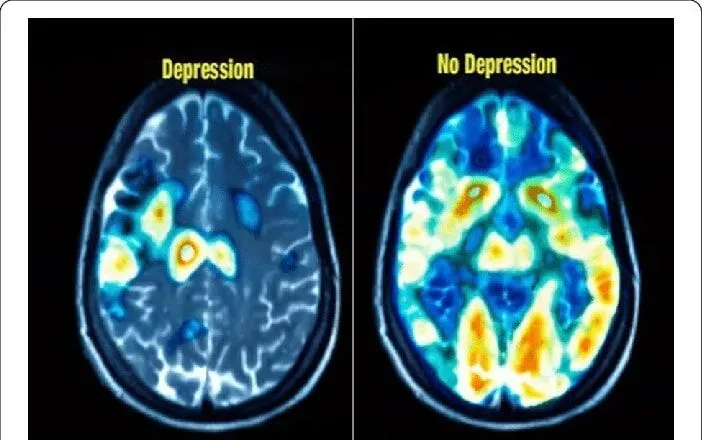The Importance of Mental Health: Why It Matters
By Elizabeth Plumptre | Updated May 5, 2024 | Reviewed by Akeem Marsh, MD
Your mental health is crucial to your overall well-being, influencing how you handle psychological, emotional, and social challenges. Given its impact on virtually every aspect of your life, safeguarding and enhancing your mental health is essential.
In this article, we explore why mental health is vital, the factors that can affect it, and how you can maintain it effectively.
Risk Factors for Poor Mental Health
Mental health is defined as a state of well-being in which an individual can manage everyday stresses, work productively, and contribute meaningfully to society. However, various factors can impede this balance and affect daily functioning. Key risk factors include:
Childhood Abuse: Physical, sexual, or emotional abuse during childhood can lead to significant mental health issues such as depression, anxiety, and PTSD. Long-term effects may also include substance abuse and chronic health conditions.
Environmental Influences: Your environment plays a significant role in mental health. Adverse conditions like extreme weather, natural disasters, and air pollution can exacerbate mental health issues, while a supportive social environment can offer protection.
Biological Factors: Genetics can influence the likelihood of developing mental health disorders. Conditions like autism, ADHD, bipolar disorder, and schizophrenia often run in families.
Lifestyle Choices: Unhealthy lifestyle habits such as smoking, poor diet, alcohol use, and substance abuse can negatively impact mental health and contribute to disorders like depression.
Signs of Mental Health Problems
Recognizing mental health issues can be challenging, but certain warning signs may indicate a decline in well-being. Watch for:
- Changes in eating habits (overeating or undereating)
- Decreased energy levels
- Withdrawal from social interactions
- Persistent feelings of despair
- Increased substance use
- Unexplained emotions such as confusion, anger, or guilt
- Severe mood swings
- Conflicts with loved ones
- Hearing voices or having thoughts of self-harm
Benefits of Good Mental Health
Good mental health is essential for leading a fulfilling life and maintaining healthy relationships. Here are some key benefits:
Enhanced Resilience: A stable mental state enables you to handle life's challenges more effectively, reducing reliance on unhealthy coping mechanisms like substance abuse or isolation.
Positive Self-Image: Strong mental health contributes to higher self-esteem and confidence, helping you focus on personal strengths and aspirations.
Better Relationships: Healthy mental well-being allows you to offer meaningful support and affection to friends and family, enhancing your social connections.
Increased Productivity: A robust mental state boosts efficiency and quality of work, reducing the negative impact of mental health issues on your professional life.
Improved Quality of Life: Thriving mental health can lead to greater community involvement, new hobbies, and enriching experiences, contributing to a higher quality of life.
How to Maintain Mental Health and Well-Being
Maintaining mental health requires ongoing effort and lifestyle adjustments. Consider these strategies:
Regular Exercise: Physical activity is linked to improved mental health by releasing endorphins that boost mood and reduce stress.
Adequate Sleep: Prioritizing rest is essential for emotional stability and cognitive function.
Mindfulness Practices: Activities like meditation and deep breathing can help manage stress and improve mental resilience.
Social Connections: Staying connected with loved ones provides emotional support and reduces feelings of isolation.
Positive Outlook: Cultivating a positive mindset helps in managing life's ups and downs more effectively.
Professional guidance, such as therapy, can also be beneficial. It offers tools for better interaction with others, coping with challenges, and addressing negative behaviors.
The Bottom Line
Mental health is fundamental to every facet of life, affecting how you interact with the world and manage stress. If you're struggling with mental health issues, seeking help from a licensed therapist can be a crucial step toward recovery.
For additional resources, explore our comprehensive guide on mental health therapies.



